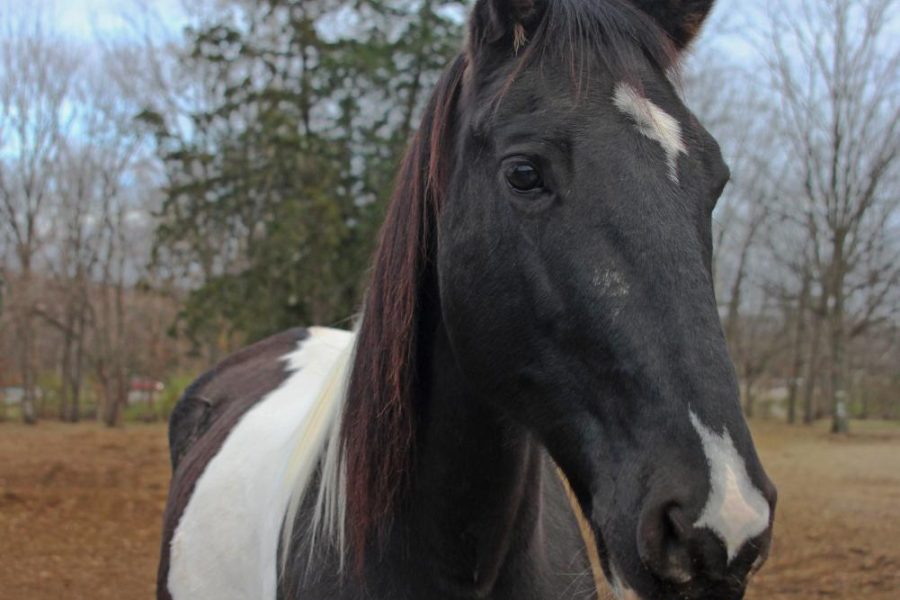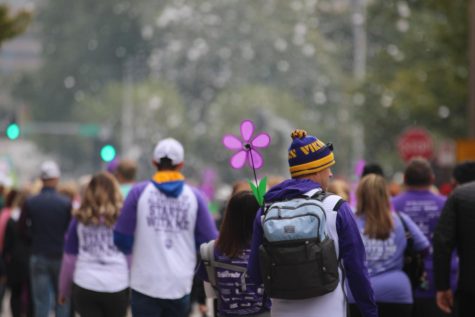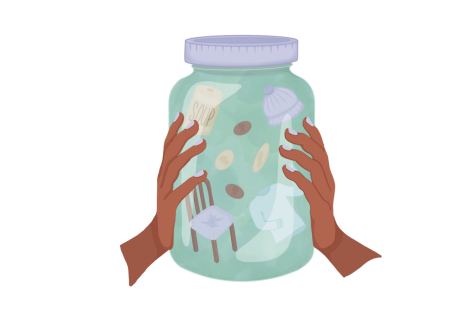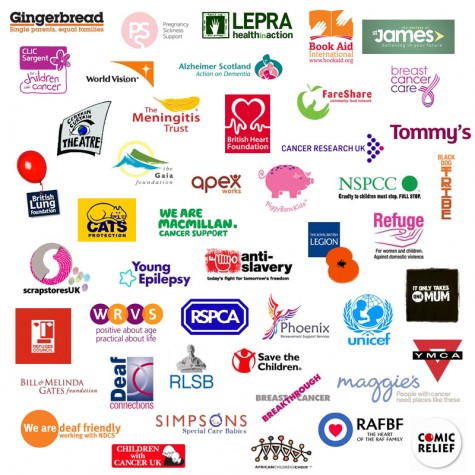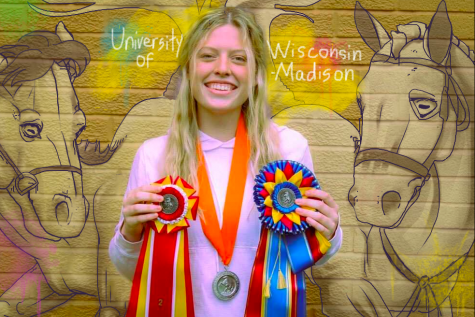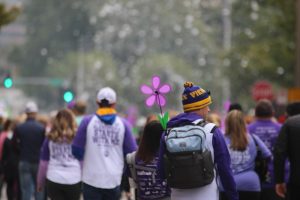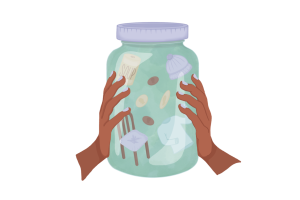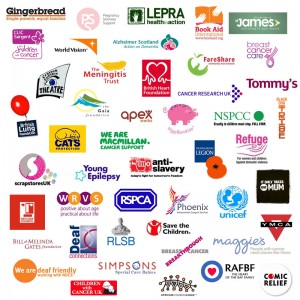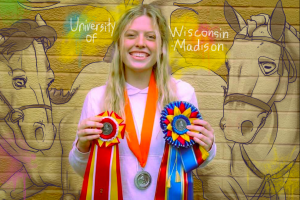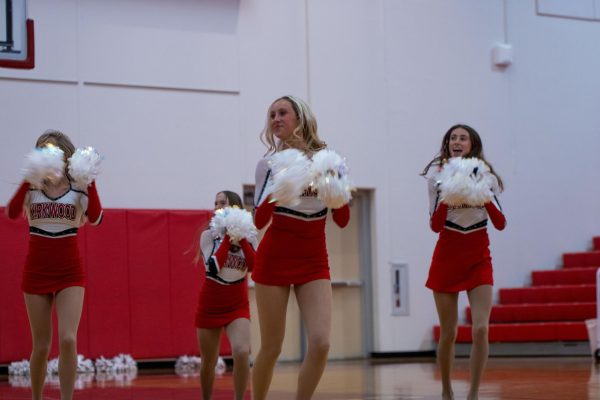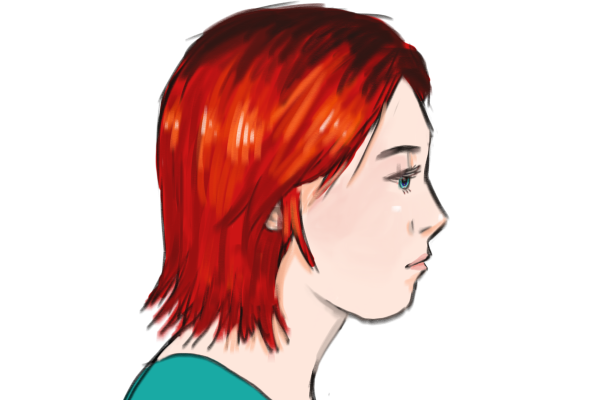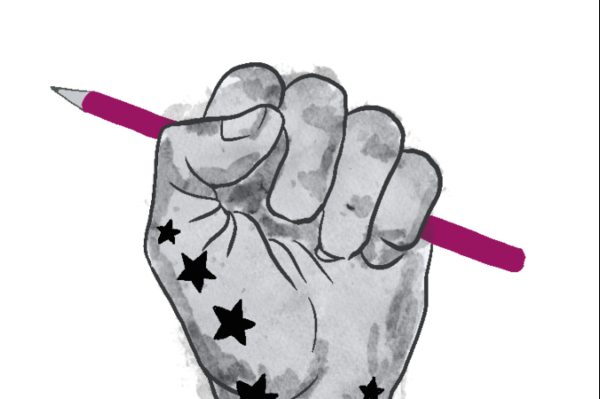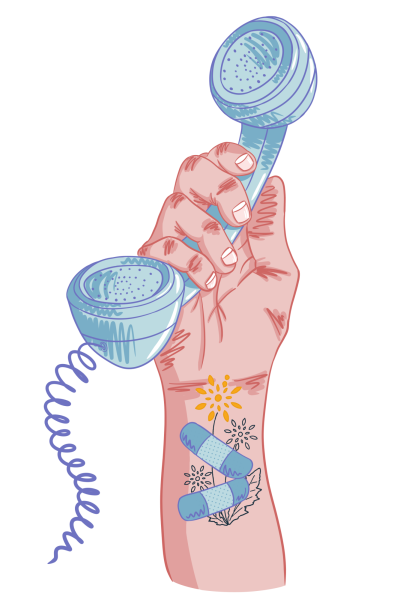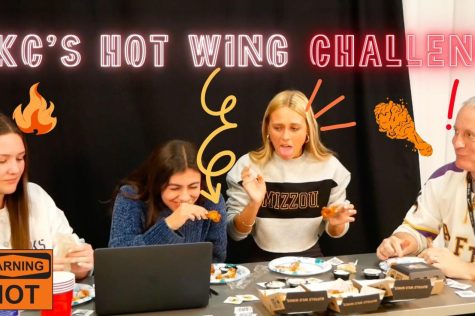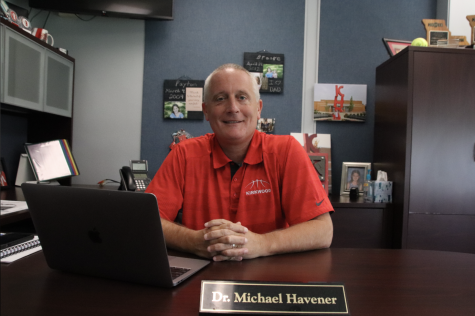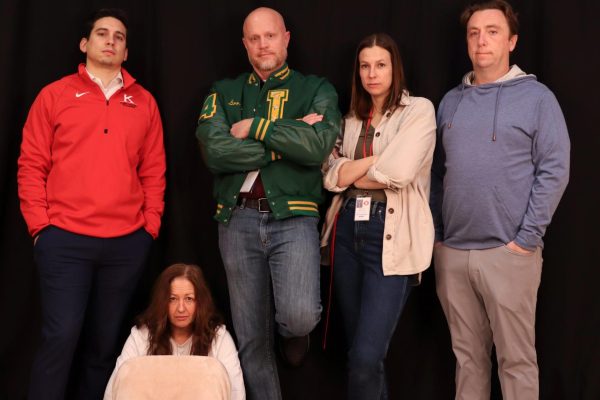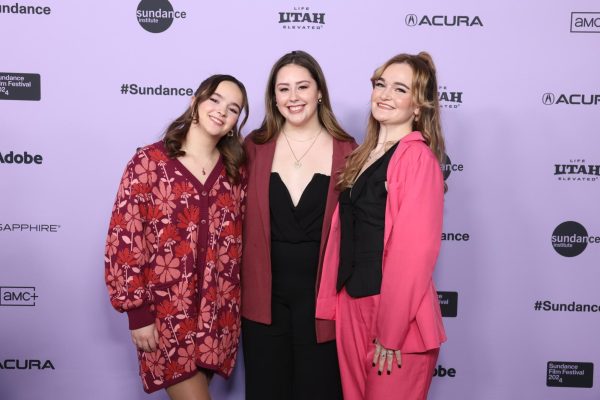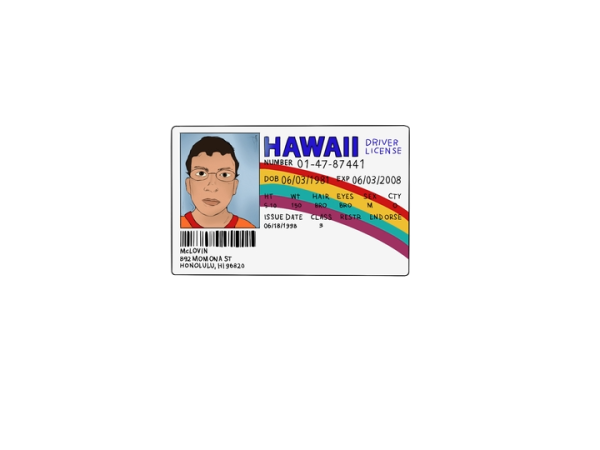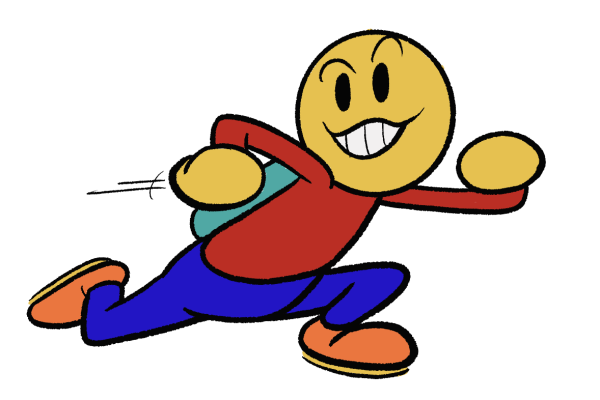Charity Issue: Healing through horses
Equine Assisted Therapy is a non-profit organization whose mission is to provide horsemanship experiences to people with mental, physical and psychological challenges in order to enhance the quality and productivity of their lives.
Some people get therapy from a counselor or physical therapist. But at Equine Assisted Therapy, people find their comfort through horses. Founded in 2004, Equine Assisted Therapy is a non-profit organization whose mission is to provide horsemanship experiences to people with mental, physical and psychological challenges in order to enhance the quality and productivity of their lives. In other words, they help people heal through horses. In personalized classes, riders can improve core strength, coordination and socialization.
Lulu Bogolin, executive director, has worked with Equine Assisted Therapy for 10 years. Her first experience at the barn was working as a volunteer. Later, her son began riding in the program to help his sensory processing disability. After two years, she said it changed his life.
“Our instructors and I are inspired every single day,” Bogolin said. “The turning point for me was watching how it helped my son with his sensory processing. That was a big ‘aha’ moment, and I realized this is what I wanted to do for the rest of my life.”
After her son’s improvement, Bogolin became an instructor at the barn. In 2019, the original founders of Equine Assisted Therapy retired and Bogolin took over.
“Our founder was Genni Hartke, and she had a passion for horses,” Bogolin said. “Horses helped her get through her teenage and college years, and [while she was in nursing school] she felt that there had to be a way for horses to help [other] people.”
When you put these two souls together, [who] are constantly living in survival mode, they help each other persevere. — Lulu Bogolin
Equine Assisted Therapy eventually put their first child on a horse in 2004. As of 2022, they service about 160 riders a week and have two facilities, one in Wildwood and the other in Town and Country. Combined, the facilities have 16 certified equine therapy instructors, as well as a core team that consists of a physical therapist, speech pathologist, licensed counselor and an occupational therapist.
“We’re not just crazy horse people putting [kids] on the back of a horse,” Bogolin said. “Horses are prey animals, and our friends with challenges or disabilities are [also] living in prey mode. When you put these two souls together, [who] are constantly living in survival mode, they help each other persevere.”
An official diagnosis, application and a form filled out by a physician are needed to become a rider. All of these work together to personalize the classes to each rider’s needs.
“We try to pair [each rider] with other riders who might not have the same disability, but who are working towards the same goals [and] in the same age range,” Bogolin said. “Everybody fills out the application [because] we want to make sure we [pair them] with the right horse, the right instructor [and] the right therapist.”
Lilly Haynes has volunteered at Equine Assisted Therapy for two years, and began riding horses when she was four years old. Her job consists of preparing horses for riders by tacking and brushing them, as well as helping each kid ride the horse during their session.
“I started coming here as soon as I could drive,” Haynes said. “I love kids, and it’s just an amazing time seeing how happy they are and the progress they make riding.”
Sandy Bower has worked with Equine Assisted Therapy for 10 years, and originally worked as a special education teacher for 35 years. After she retired, she and her husband began working with the organization full time.
We are really lucky that we get to see miracles happen every single week. — Lulu Bogolin
“We used to take [special education] kids to horse therapy every once in a while,” Bower said. “I always said, ‘When I retire, I want to volunteer.’”
Equine Assisted Therapy has close to 200 volunteers helping every week. Each one watches a training video and completes an annual hands-on training session. To become a volunteer, fill out an application on their website.
Throughout her time at Equine Assisted Therapy, Bogolin has heard kids say their first words and seen them take their first steps with the help of their equine friends. She said it is miraculous what horses can do for people.
“We are really lucky that we get to see miracles happen every single week,” Bogolin said. “The slogan on our wall says ‘Changing lives, one hoof print at a time.’ I believe that is exactly what we do.”
To learn more, donate, volunteer or apply to ride, visit eatherapy.org.
Your donation will support the student journalists of Kirkwood High School. Your contribution will allow us to purchase equipment and cover our annual website hosting costs.
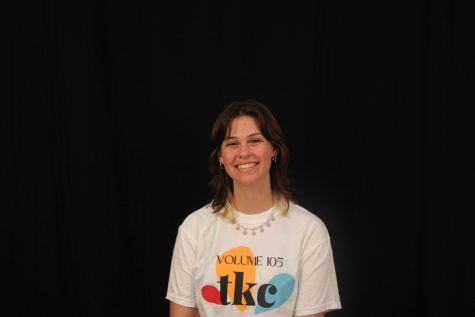
She/Her
Hobbies and Interests: reading, sleeping, starting things I never finish
Favorite song: Yoshimi Battles the Pink Robots Pt. 1 by The Flaming...
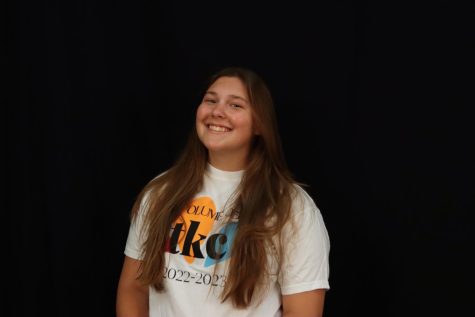
She/Her
Hobbies and Interests: reading, hiking, playing cards, hanging with friends, being with my cat
Favorite song: The Rainbow Connection by...



